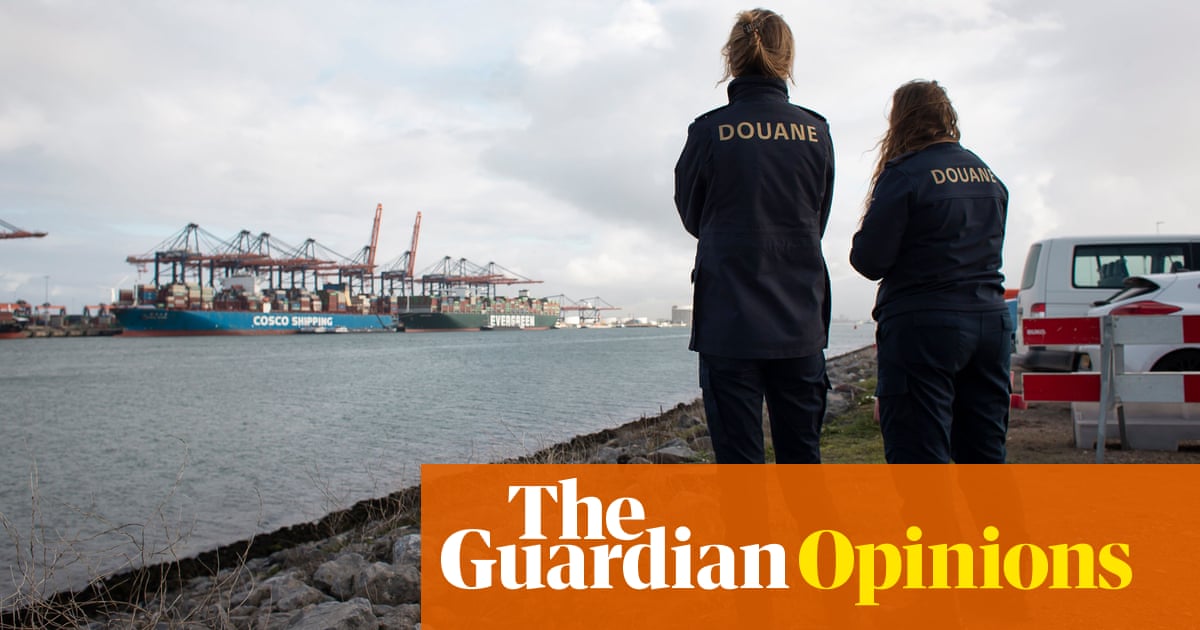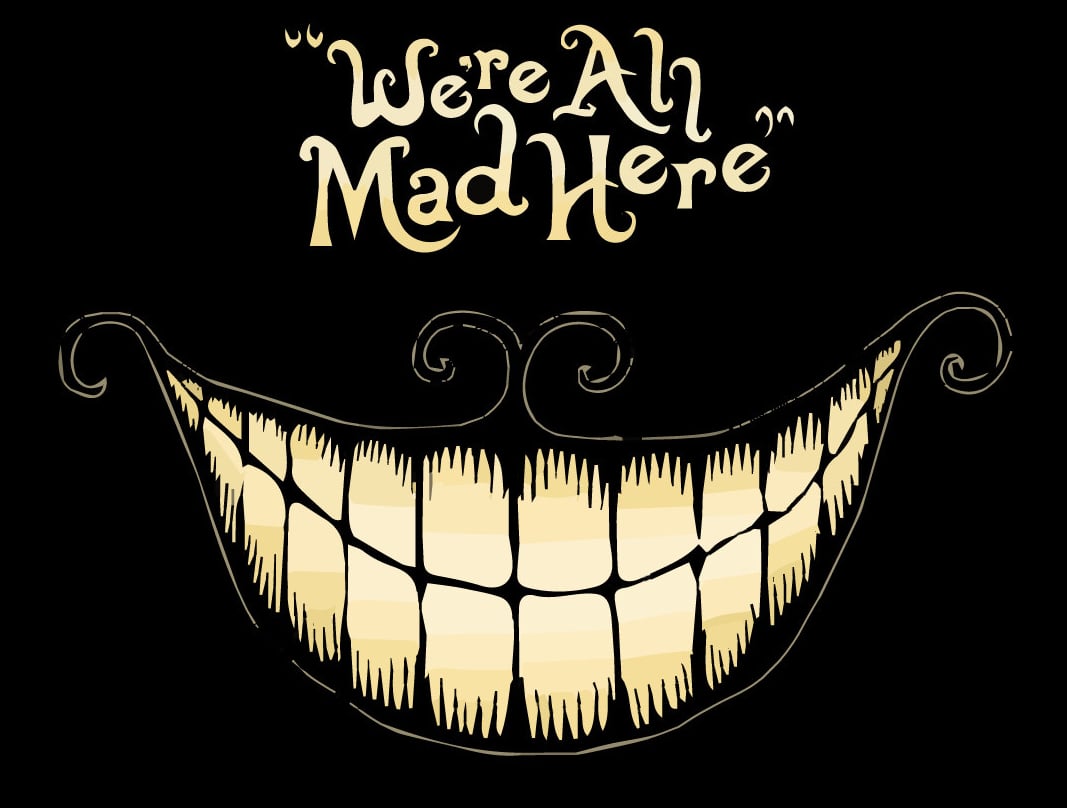No we wont. We are making some of the same mistakes as other countries do like make it more and more and more illegal instead of loosening some of the drug laws. But here the goverment thinks if something is a little bad (even fireworks or some trivial shit) we need to outlaw it immediately make it more illegal. We tend to want to ban everything that even a small group complains about (and i mean like 100 ppl or something) because that always works… right? But then again the government was mostly conservatives and old grey christians. (Maybe that will change /s) Oh i forgot, we are not the relaxed country anymore that we were 20’years ago. Now they just want more more more more MORE laws because, well thats the sollution to everything? We call it “betutteling” and its rampend
We are making some of the same mistakes as other countries do like make it more and more and more illegal instead of loosening some of the drug laws.
That’s exactly why she says the Netherlands risks becoming a narco-state. Well, that, and other countries doing the same:
The challenges we now face in the Netherlands are not an indictment of our liberal drug policy. Rather the opposite. Take the Dutch government’s approach to MDMA, influenced by the global war on drugs, which has become increasingly repressive since the late 1980s and early 90s. Under international pressure, the Netherlands placed MDMA, which is known as a party drug and perceived as relatively harmless, under the Opium Act in 1988, classifying it as a hard drug. This shift inadvertently contributed to the profitability of illegal MDMA production and created a lucrative business model for criminal organisations, as evidenced by the estimated €18.9bn street value of annual ecstasy production in the Netherlands. This experience reveals how efforts to align with global drug prohibition trends can have counterproductive outcomes.
What the Netherlands’ problems reveal is the need for a global shift in the current approach. It’s not a matter of retracting our user-centred policy, but rather advocating for international recognition that the war on drugs is counterproductive.
even fireworks or some trivial shit
As someone who had part of a fireworks display literally drop on their head 6 days ago: Yeah, it looks cool, but everything that goes up, has to go down eventually. Might want to keep that in mind when handing out rockets left, right and center.
We call it “betutteling” and its rampend
Never thought about where “betütteln” originated from but now that you mention it: Yep, that sounds like something a “swamp German” would say.
“ As someone who had part of a fireworks display literally drop on their head 6 days ago: Yeah, it looks cool, but everything that goes up, has to go down eventually. Might want to keep that in mind when handing out rockets left, right and center.”
Ok so we should just ban everything then? Because that always works?
“ Never thought about where “betütteln” originated from but now that you mention it: Yep, that sounds like something a “swamp German” would say.”
Yeah its funny how many of these kinda words end up almost the same in german/swedish/dutch. Then again swamp germans? Haha
Sheeesh, don’t be such a narc, dude
This is the best summary I could come up with:
Its solutions were prohibition, criminalisation, stiff penalties and sentences; our national drug policy, on the other hand, focused for decades on reducing the health risks for users – and was relatively successful.
Amsterdam, as an international financial hub, now serves as a marketplace where the demand for drugs is being determined, and negotiations and payments are being made from all over the world.
This leads to social disruption, the deterioration of neighbourhoods, generations of vulnerable young people who will be lured into crime and the undermining of the rule of law.
This will involve a collaborative effort to revisit and potentially revise these treaties, fostering a global environment where innovative, health-centric drug policies can be implemented without legal barriers.
Since the early 1980s, the introduction of harm-reduction facilities in the Netherlands, such as methadone provision and drug-use areas for heroin addicts, has improved their living conditions, health and quality of life while drug nuisance and crime have decreased.
This summer, Switzerland’s capital, Berne, announced trials of legal sales of cocaine, aiming to increase control and preventive measures.
The original article contains 935 words, the summary contains 177 words. Saved 81%. I’m a bot and I’m open source!





